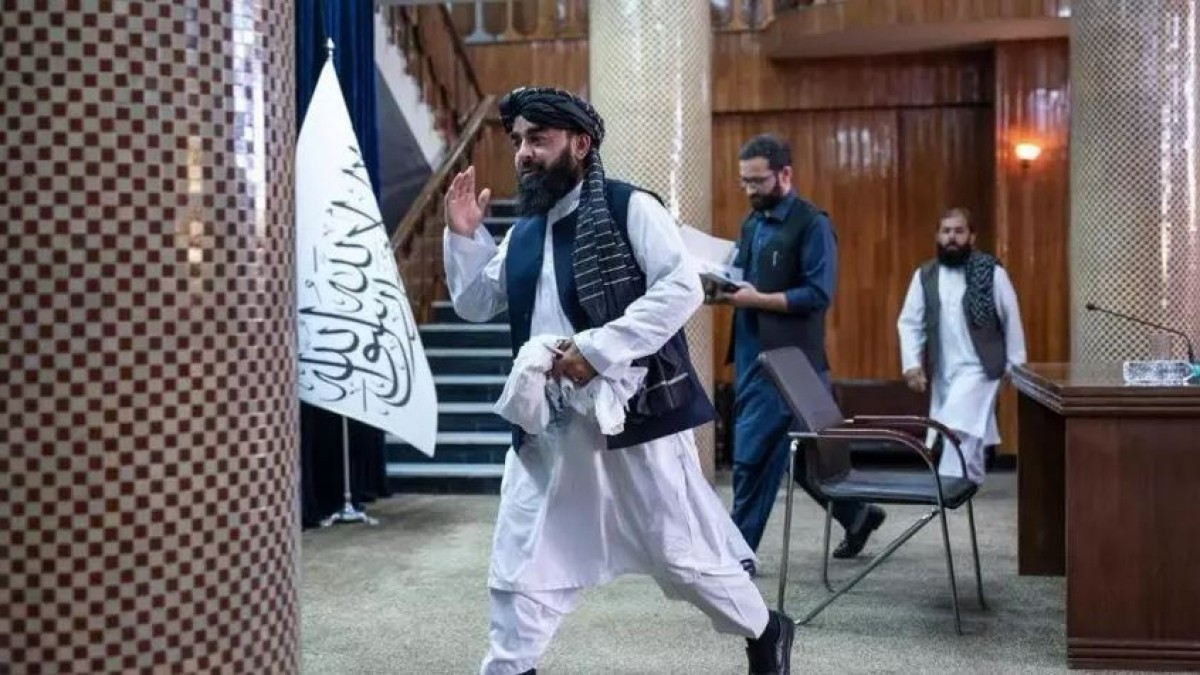 129
129
The Taliban at the Negotiation Table: Shaping Afghanistan’s Future at the Doha Summit
Taliban at the Negotiation Table: Shaping Afghanistan’s Future at the Doha Summit
By: M. S. QorbanThe
The third United Nations summit on Afghanistan, convened in Doha, Qatar, took place in Doha from June 30th to July 1st, bringing together representatives from over 20 nations, including high-ranking officials from China, Russia, Iran, Pakistan, and India. This session was the latest installment in a series of UN-mediated discussions on Afghanistan, marked by a significant shift in participation: unlike the previous two meetings, this one included representatives from the Taliban.
The draft agenda for the Doha summit starkly omitted any discussions on human rights or engagements with potential representatives of women and civil society. Instead, the agenda concentrated narrowly on the economic crisis, the escalating drug problem, and the empowerment of the private sector, with a particular focus on women entrepreneurs. The primary objective, as articulated in the draft, was to establish a framework for dialogue and interaction with the Taliban, addressing the shared concerns of regional and global stakeholders.
A critical facet of the Doha summit was the Taliban's considerable influence on the agenda. The Taliban, treating issues of women's rights and human rights as internal matters, successfully persuaded the hosts to exclude these topics. Furthermore, Taliban spokesperson Zabihullah Mujahid, before departing for Doha, announced an implicit agreement with the UN ensuring that opponents of the Taliban would not attend the meeting. This exclusion underscored the nature of the dialogue as one between the Taliban, the UN, and international representatives, rather than an intra-Afghan discourse.
Despite initial indications from White House officials suggesting a potential boycott, the United States was represented at the meeting by Thomas West, the Special Representative for Afghanistan, and Rina Amiri, the Special Representative for Women and Human Rights in Afghanistan. The Taliban's return to power in 2021 has precipitated profound political, economic, and social upheavals. Despite the Taliban's governance style, which has precluded international recognition as Afghanistan's legitimate rulers, dialogue has persisted out of necessity for regional stability and global peace.
The Doha summit is part of a broader effort to seek a peaceful resolution for Afghanistan’s governance. Previous rounds excluded the Taliban, rendering those meetings ineffectual in influencing Afghanistan's situation. The Taliban's participation in this third round came with stringent preconditions: recognition of their UN seat, cessation of the UN's appointment of a special representative for Afghanistan, Taliban consultation on the agenda, exclusion of Afghan civil and political society representatives, and avoidance of discussions on girls’ education and women’s employment. These conditions, seemingly incongruent with the UN’s human rights mandate, were largely acquiesced to, raising questions about the integrity of the meeting's objectives and the UN’s global mission.
The Taliban's apparent lack of leverage to influence the meeting's agenda suggests the involvement of powerful allies exerting pressure on the UN to accommodate Taliban conditions. This maneuvering may signal a prelude to the normalization and recognition of the Taliban under contentious terms. The international community, acknowledging the failure of numerous externally imposed plans, appears to be grappling with the reality of the Taliban's dominance. Isolation has exacerbated Afghanistan’s crises, while engagement, albeit fraught with challenges, seems a reluctant necessity.
The recent Doha summit facilitated interaction with the Taliban under specific conditions, reflecting a shift in international strategy. The Taliban, recognizing the indispensability of global interaction for economic stabilization and addressing the drug crisis, sought the lifting of sanctions, the removal of restrictions on the private sector, and the return of Afghanistan's frozen Central Bank assets. The meeting concluded with an agreement to form committees to address these issues, indicating a tentative step towards cooperation.
Since the Taliban's ascendance, Western nations and the UN have aimed to influence Afghanistan's internal politics through external frameworks often misaligned with Afghan cultural and geographical realities. While human rights and social reforms remain critical, their implementation must consider Afghanistan’s unique context. Western models of social welfare and civil liberties cannot be wholesale transplanted; effective reform requires sensitivity to local nuances. The third Doha summit exemplifies a pragmatic, albeit controversial, approach to fostering dialogue and influencing Taliban behavior through concessions.
In conclusion, the third Doha summit represented a pivotal moment in the evolving relationship between the Taliban, the UN, and the international community. It underscored the complex interplay of power, pragmatism, and principle in addressing Afghanistan's multifaceted crises. The Taliban’s strategic use of the UN and international negotiations aims to alleviate internal challenges, while the UN and involved nations seek to leverage concessions to steer Taliban policies. This dynamic encapsulates the intricate dance of diplomacy, where idealism meets realpolitik in the quest for stability and peace in Afghanistan.The Taliban at the Negotiation Table: Shaping Afghanistan’s Future at the Doha Summit
 129
129
Comment
Post a comment for this article